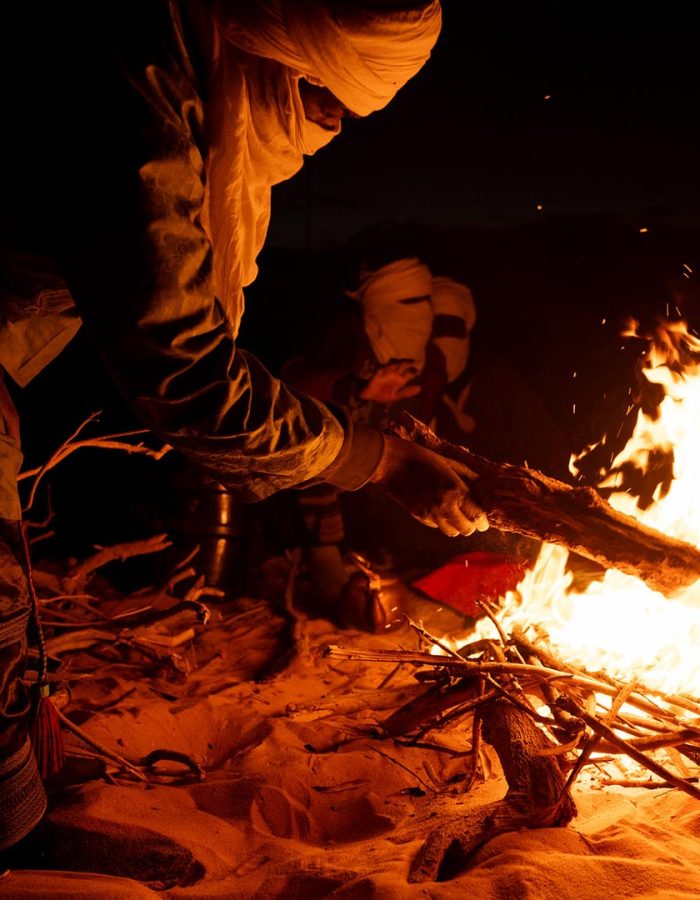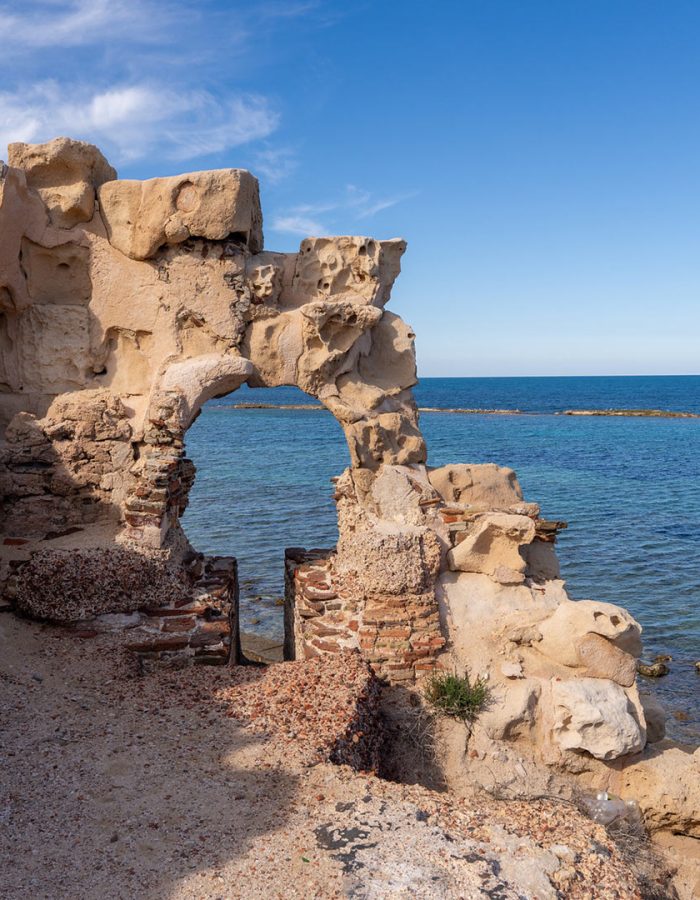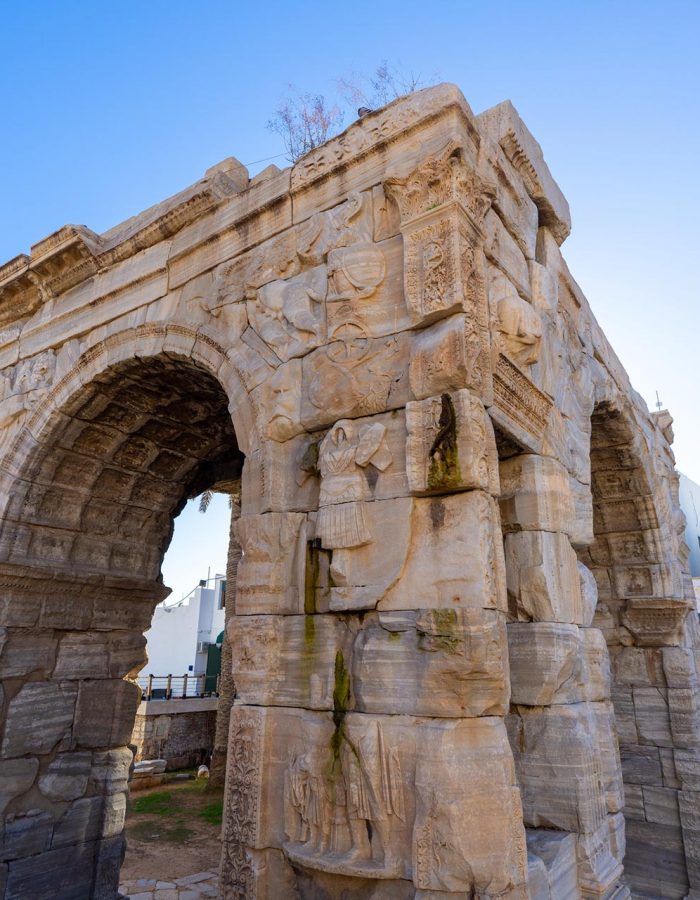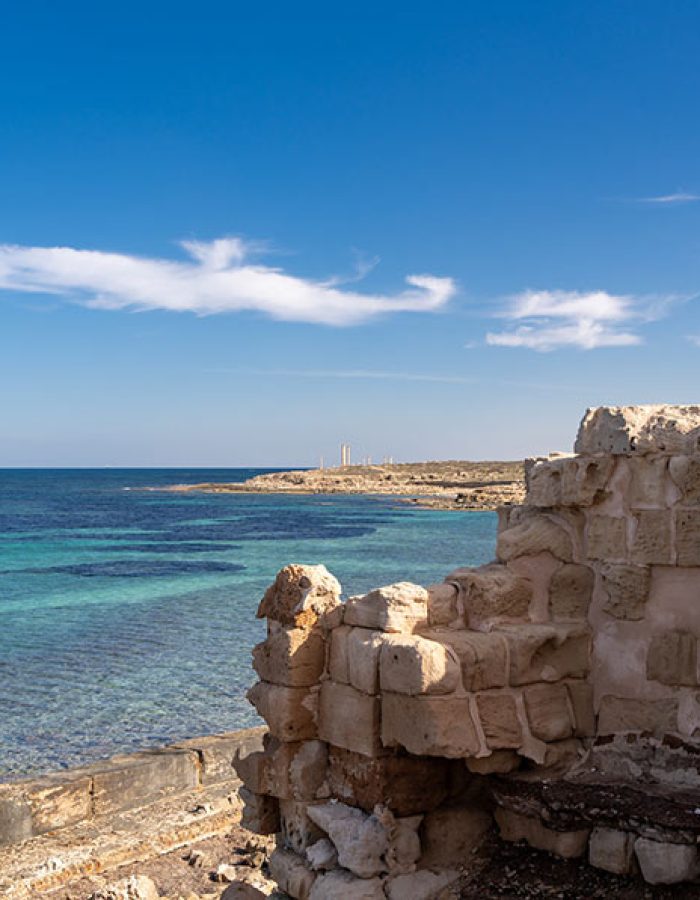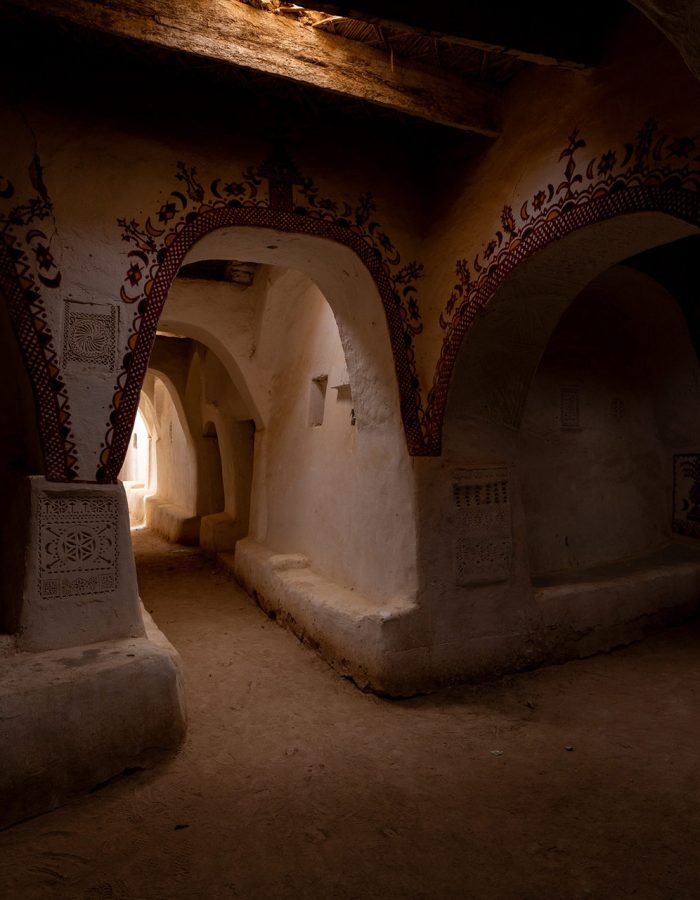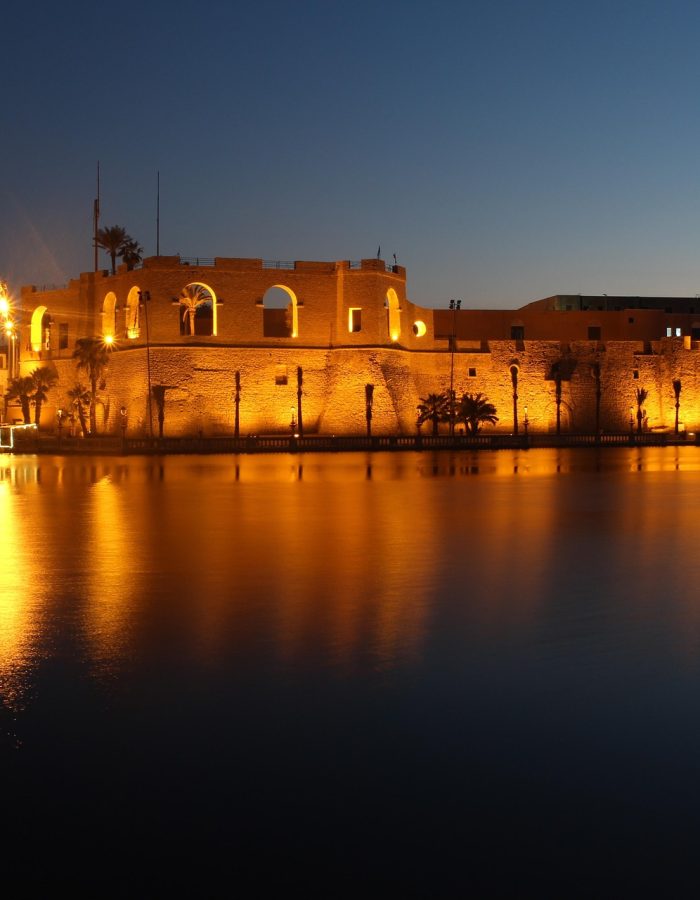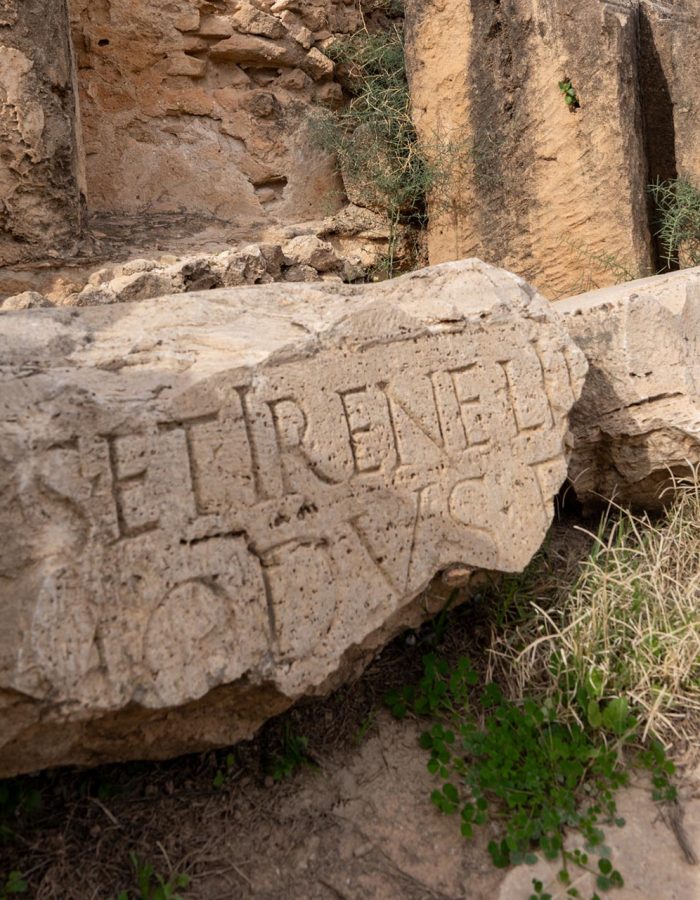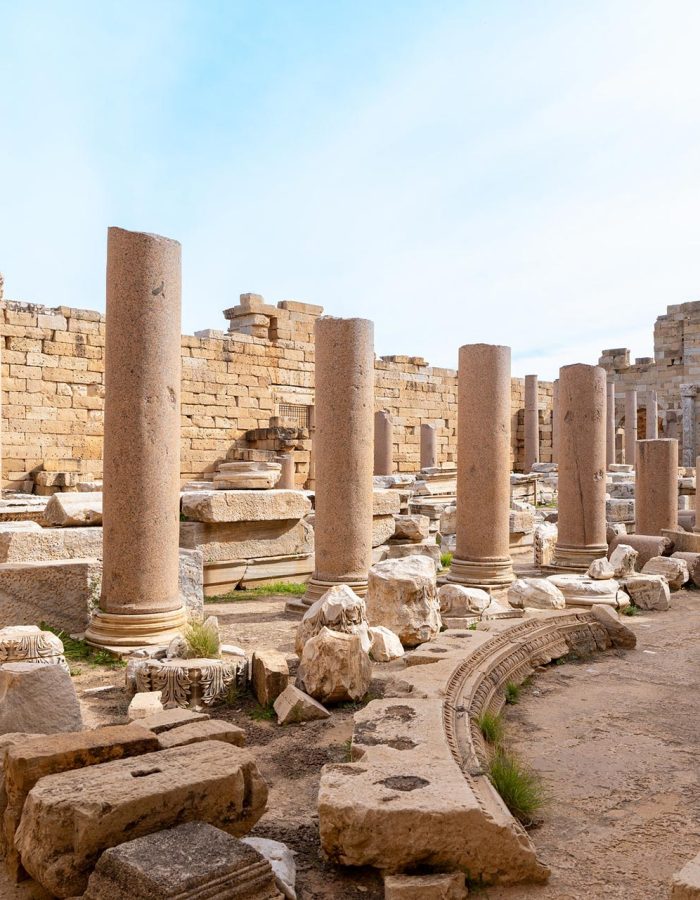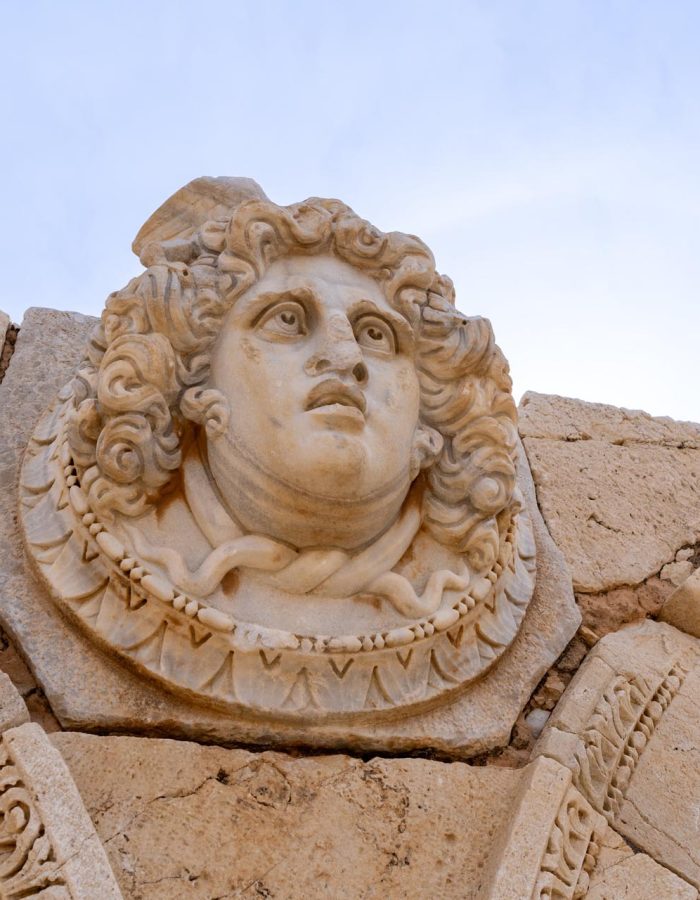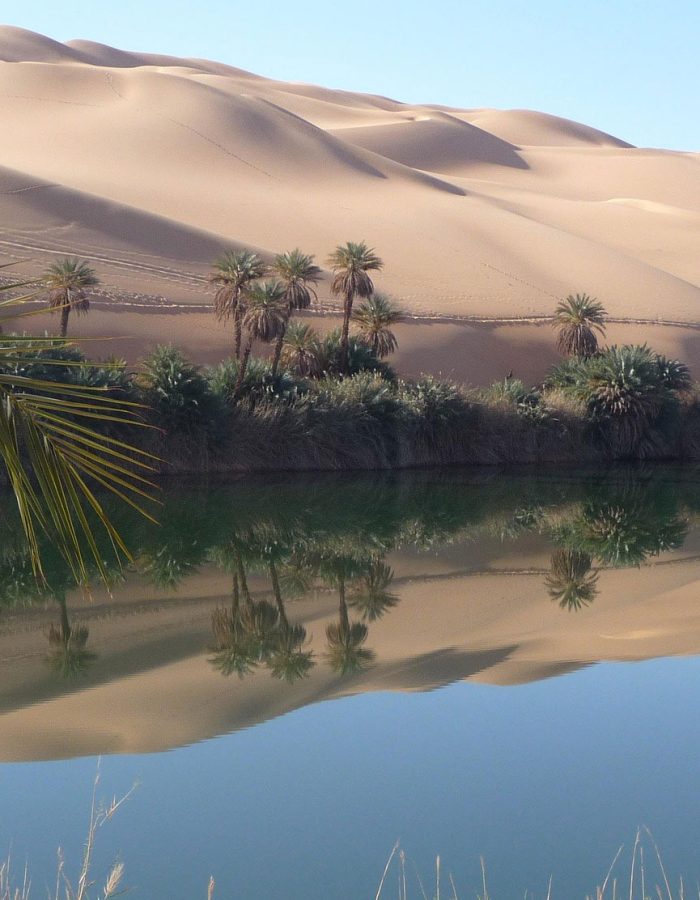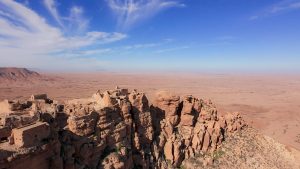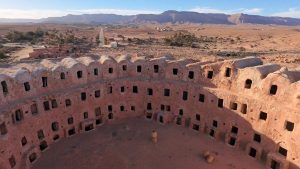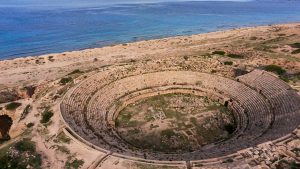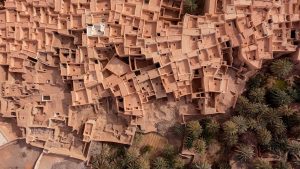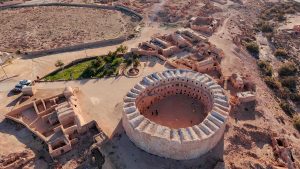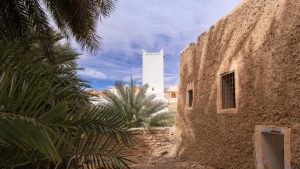There are places we visit and quickly forget — pleasant stops, postcard views, stories that fade with time. And then there are places like Libya. Places that get under your skin, that linger in the memory like the scent of incense in a stone courtyard, or the taste of mint tea on a warm, sea-salted breeze. Libya is not a destination. It’s a reckoning. A return to travel at its most raw, personal, and profound.
In a region shaped by centuries of grand tours, cruise ships, and curated comfort, Libya remains defiantly untamed — the last true adventure in the Mediterranean. It’s a land where the ruins outshine Rome, where desert suns rise over ancient caravan routes, and where hospitality is not a performance, but a way of life. This isn’t just a journey — it’s a story waiting to be written by those who dare.
Tripoli: Chaos, Charm, and the Call of the Past
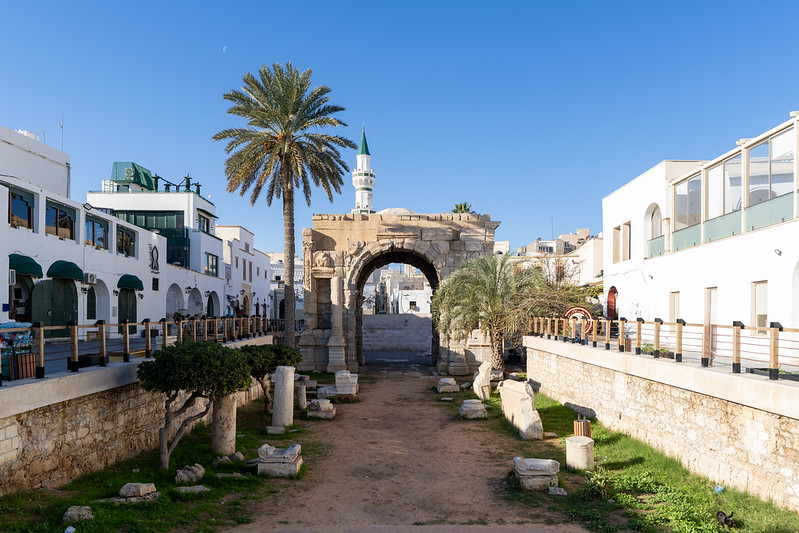
Your first chapter likely begins in Tripoli, Libya’s buzzing, bruised, and beguiling capital. There’s no glossy welcome here — no polished plazas or tourist queues. Instead, you step into a city layered with time: Punic foundations, Roman arches, Ottoman domes, and Italian-era colonnades all jammed together in a beautiful, broken mosaic.
Wander the labyrinthine old city of Tripoli, where alleyways twist past mosques, crumbling palaces, and quiet inner courtyards. The scent of cardamom drifts from a spice stall. The call to prayer echoes off ancient walls. And somewhere in the shadows of a crumbling arch, a boy grins and says, simply, “Welcome to Libya.”
Sitting in Martyrs’ Square with sweet tea in hand, watching kids play soccer in the golden light, the city hums with a spirit that feels both ancient and fiercely alive.
Leptis Magna and Sabratha: Ruins of a Forgotten Empire
Leave the city, and Libya begins to shift. The noise falls away. Time peels back.
Eastward along the coast, the ruins of visit Leptis Magna ruins rise from the earth like a mirage of stone and silence. Once the jewel of Roman Africa, today it is one of the greatest ancient cities in the world — and you’ll have it entirely to yourself.
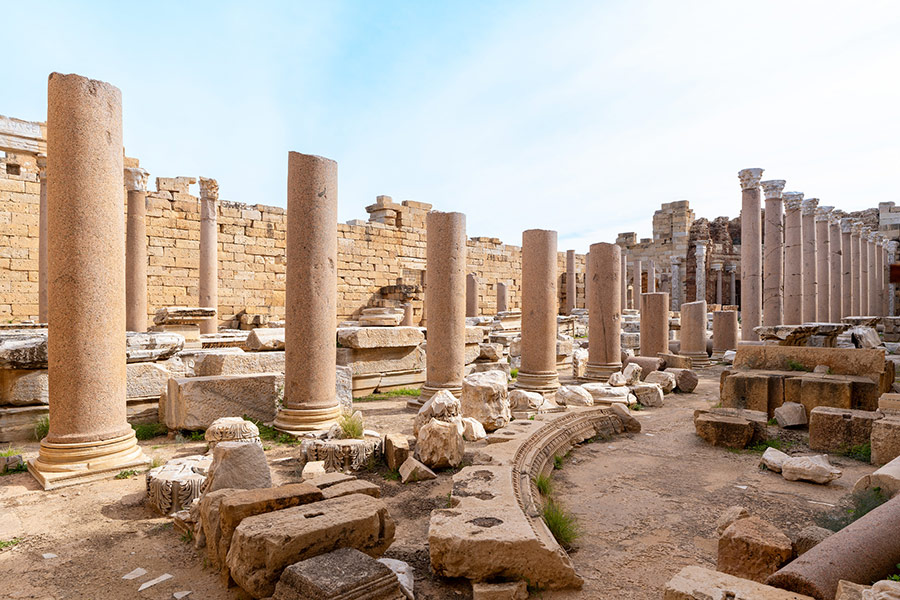
To the west lies Sabratha, a city so perfectly Roman it almost defies belief — its 2nd-century theater poised elegantly by the sea, its mosaics glowing in the late sun. As the Mediterranean breeze rustles the tall grass between columns, it feels like standing in the pages of a history lost to time.
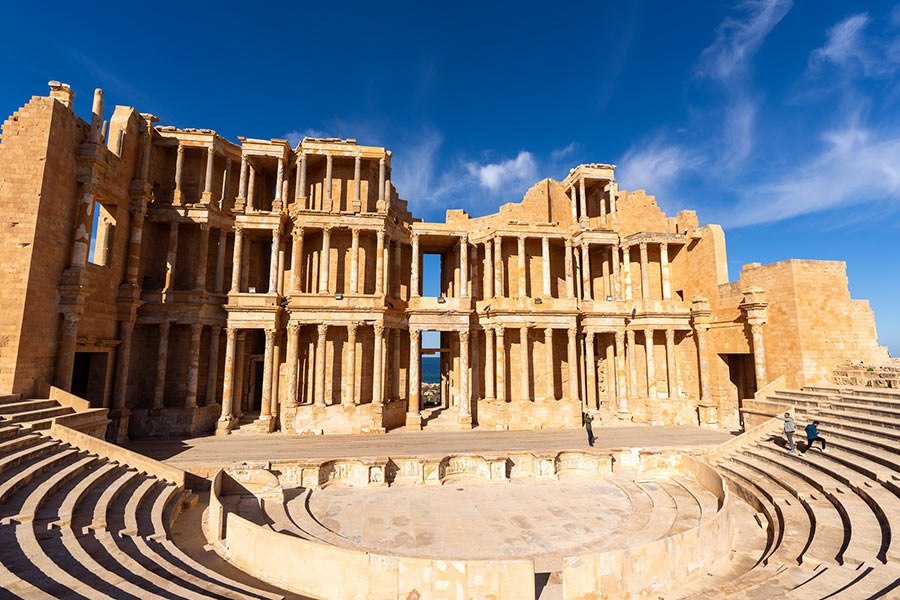
And further east, in the green hills of Cyrenaica, the ancient Greek city of Cyrene awaits. Temple ruins framed by olive trees. Stone theaters alive with birdsong. From its windswept terraces, the sea glitters below — a view unchanged since the days of Herodotus.
These are not just ruins. They are Libya’s archaeological gems — vast, haunting, spectacular. And they are yours alone to discover.
Ghadames: Pearl of the Desert
Turn inland, and Libya sheds its coastal skin. The road stretches out like a ribbon of memory, and soon the palm trees thin, the towns vanish, and the desert begins.
Then — like a hallucination — it appears: UNESCO Ghadames site. The white city of mud and sun. Often called the “Pearl of the Desert,” Ghadames is an architectural symphony in sand and lime. Its old town is a maze of covered passageways, rooftops, and lattice-lit rooms designed to defy the Sahara’s fury with grace and beauty.
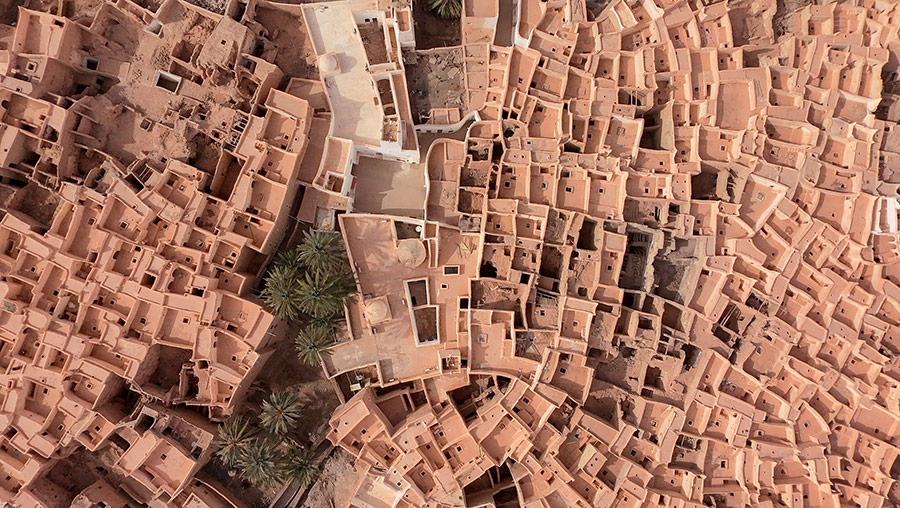
In one preserved home, I sip amber tea under a hand-carved ceiling. My host, a desert-born guide, speaks of caravans, kinship, and the meaning of walls that breathe. From a rooftop, I watch the sun dip behind the dunes of Algeria and Tunisia beyond. A moment suspended in time.
The Sahara: Stillness, Stars, and the Edge of the World
Beyond Ghadames lies the Sahara — vast, mythic, absolute.
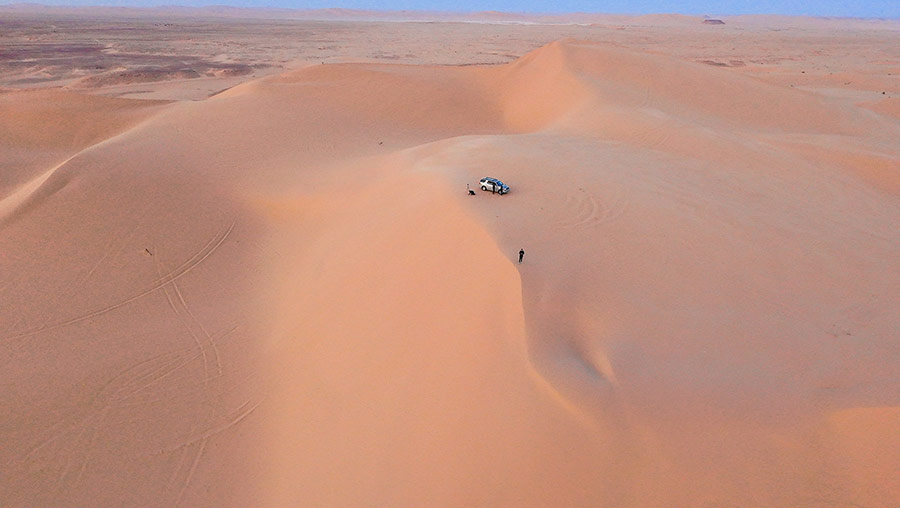
We travel south, our 4×4 carving lines across golden seas. The exploring the Ubari Sand Sea glows in the afternoon sun, its ridges rippling like silk. There are no signs, no fences, no other vehicles. Only wind, dunes, and the occasional caravan led by indigo-draped Tuareg nomads, the “Blue Men” of the desert.
At night, we camp beneath a canopy of stars so bright, the Milky Way cuts across the sky like a river of fire. This is not just desert camping in Libya. This is a night under creation’s roof.
The days that follow take us deeper — to the surreal oasis lakes of Ubari, and to the sacred canyons of Tadrart Acacus exploration, where prehistoric rock art adorns the sandstone cliffs in a quiet testimony to forgotten civilizations. Giraffes, hunters, cattle — etched into stone before the desert came.
These are not mere sights. They are pilgrimages.
A Land Undisturbed
What makes Libya different isn’t just its ruins, its desert, its extraordinary past. It’s the absence.
There are no tour buses here. No polished signs or selfie sticks. The silence of the Sahara is real. The amphitheaters are empty. The oases are untouched. The people you meet are proud to share their home, not sell it.
This is what travel once was: raw, revelatory, real. It is Libya desert exploration with dust on your boots, laughter over tea, and a sense that you’re writing your own pages of a book few have opened.
Why It Matters
Standing alone in Leptis Magna, I ran my hand along a 1,800-year-old column. I thought about how few have done the same in recent memory.
In Ghadames, I listened to a man tell me of his grandfather’s camel caravan journeys — and then watched his eyes light up when I said his city was one of the most magical I’d ever seen.
In the Sahara, I stood on a dune and felt, for once, that everything was exactly as it should be: quiet, vast, and humbling.
This is Libya’s cultural heritage in motion — not museumized, not reimagined — but lived, remembered, and shared.
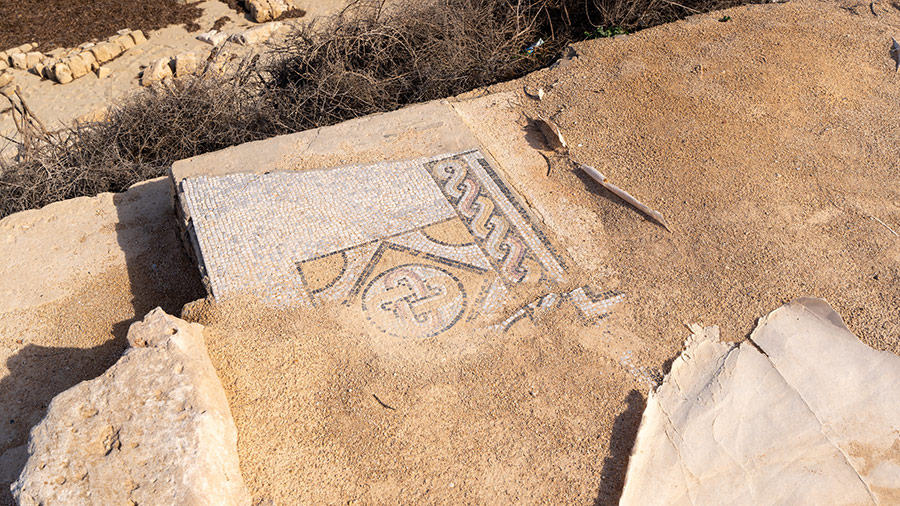
And this is why Libya is the last true adventure in the Mediterranean. It is a place of consequence, not convenience. Of questions, not answers. Of moments that cannot be bought, only earned.
If You Go
- Safety: Travel is possible with the right preparation and reliable local contacts. Libya travel safety has improved in recent years, but flexibility and guidance are essential.
- Visas: Libya requires visas obtained through licensed tour operators. Always check the latest Libya visa requirements before planning your trip.
- Best Time: Autumn to early spring (October–April) offers the most comfortable weather, especially for Libya desert travel and archaeological site visits.
- Dress Code: Respectful, modest clothing is appreciated. For both men and women, long pants and covered shoulders are the norm.
- Guides: Don’t go it alone. Expert guides not only ensure safety and access but provide the key to Libya’s heart — its people, its stories, its silences.
In a world full of places that are easy to reach and easier to forget, Libya stays with you.
It’s not for everyone. But for those who still believe in the soul of travel — who seek meaning, not marketing — Libya delivers something rare: a true, unfiltered connection to time, place, and humanity.
So go. While it’s still yours to discover.

